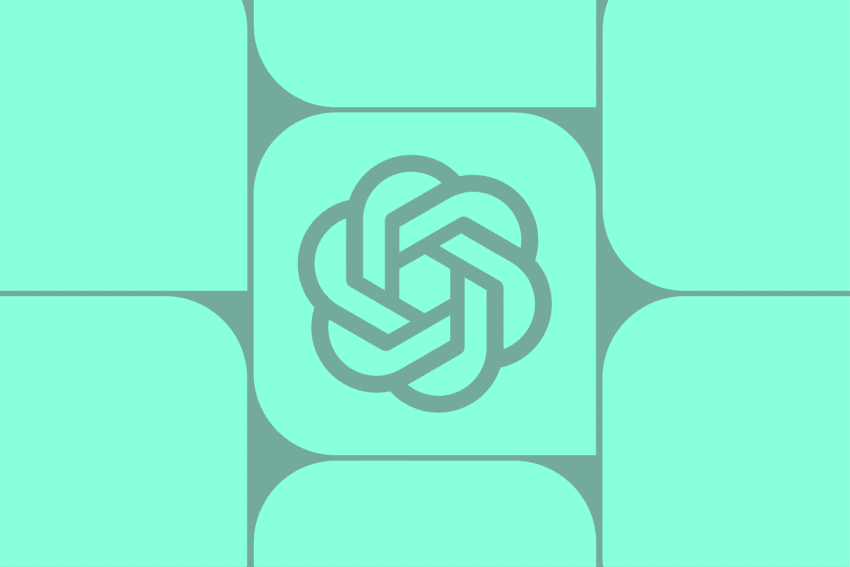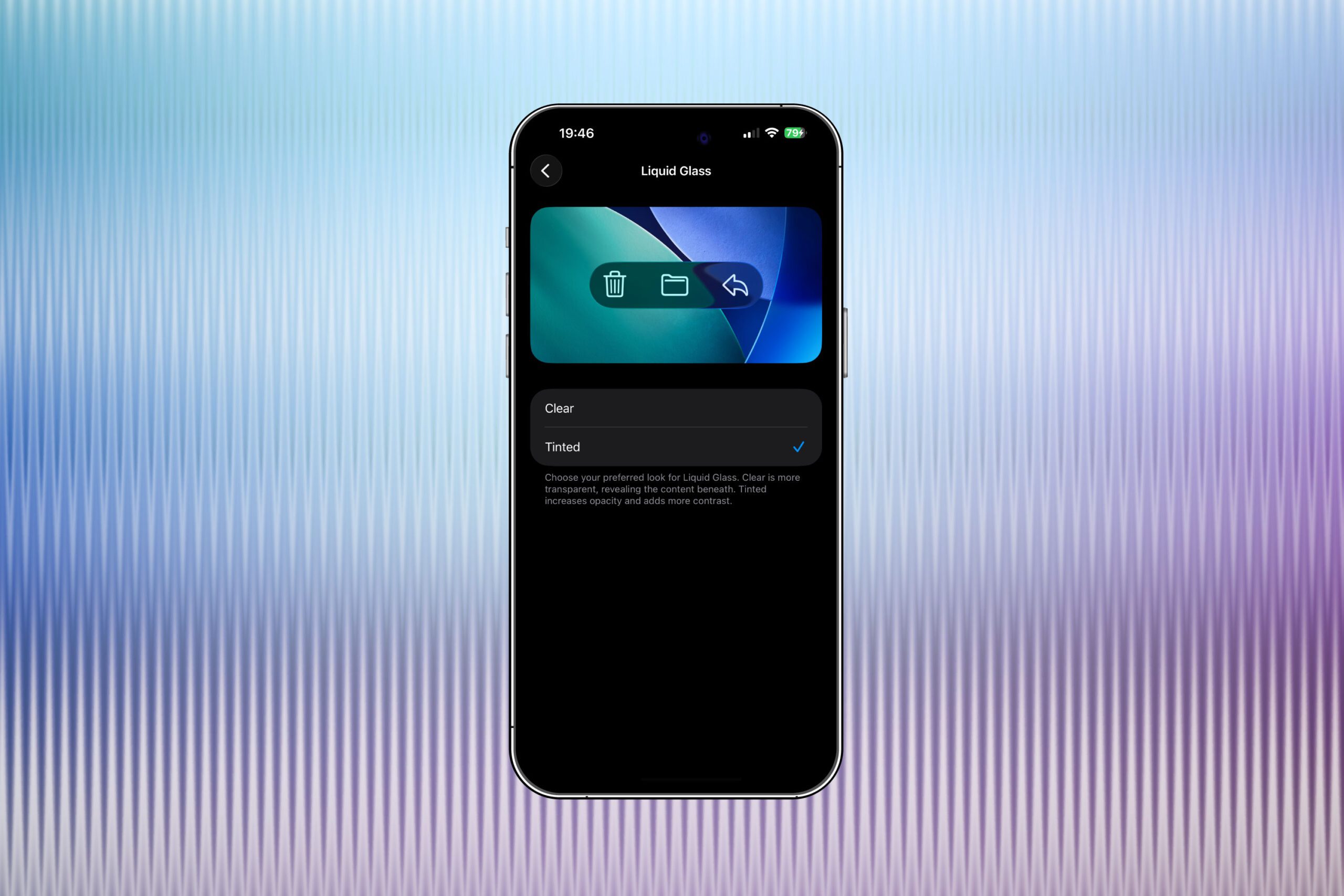
no chatgpt hasn t added a ban OpenAI has clarified that there has been no change in ChatGPT’s ability to provide legal and medical advice, countering recent misinformation circulating on social media.
no chatgpt hasn t added a ban
Clarification from OpenAI
In response to a wave of rumors suggesting that ChatGPT has been updated to prohibit offering legal and health advice, OpenAI has firmly stated that the chatbot’s functionality remains unchanged. Karan Singhal, OpenAI’s head of health AI, took to X (formerly Twitter) to address these claims directly, labeling them as “not true.” Singhal emphasized that while ChatGPT is not a substitute for professional advice, it continues to serve as a valuable resource for individuals seeking to understand legal and health-related information.
Origin of the Rumors
The misinformation appears to have originated from a now-deleted post by the betting platform Kalshi, which claimed, “JUST IN: ChatGPT will no longer provide health or legal advice.” This assertion quickly gained traction across various social media platforms, leading to widespread speculation about the chatbot’s capabilities. Singhal’s prompt response aimed to quell the confusion and reassure users about the chatbot’s ongoing utility.
Understanding OpenAI’s Policies
OpenAI’s policies regarding the provision of legal and medical advice have been consistent over time. According to Singhal, the inclusion of guidelines surrounding these areas is not a new development. The recent policy update, which took effect on October 29th, includes a list of prohibited uses for ChatGPT, one of which is the “provision of tailored advice that requires a license, such as legal or medical advice, without appropriate involvement by a licensed professional.”
Comparison with Previous Policies
This stipulation mirrors OpenAI’s earlier usage policy, which cautioned users against engaging in activities that could “significantly impair the safety, wellbeing, or rights of others.” Specifically, it warned against “providing tailored legal, medical/health, or financial advice without review by a qualified professional and disclosure of the use of AI assistance and its potential limitations.”
Prior to this update, OpenAI maintained three separate policies: a universal policy, a specific policy for ChatGPT, and another for API usage. The recent consolidation into a single unified list of rules is intended to streamline the guidelines across all OpenAI products and services. However, it is crucial to note that the core rules regarding legal and medical advice have not changed.
Implications of the Policy
The implications of OpenAI’s policy on legal and medical advice are significant for both users and professionals in these fields. For users, the clarification reinforces the importance of consulting qualified professionals for tailored advice. While ChatGPT can provide general information and help users navigate complex topics, it should not be relied upon for critical decisions that require professional expertise.
Role of ChatGPT in Legal and Medical Contexts
ChatGPT can still play a valuable role in providing users with a foundational understanding of legal and health issues. For instance, users can ask ChatGPT for explanations of legal terms, general health information, or guidance on where to find professional help. This can be particularly beneficial for individuals who may feel overwhelmed by the complexities of legal or medical systems.
However, it is essential for users to recognize the limitations of AI-generated information. ChatGPT’s responses are based on patterns in data and do not constitute professional advice. Users should always verify information through reputable sources and consult licensed professionals when necessary.
Stakeholder Reactions
The response from stakeholders in the legal and medical fields has been mixed. Some professionals have expressed concern about the potential for AI tools like ChatGPT to mislead users or provide incomplete information. Others see the value in having AI as a supplementary resource that can enhance public understanding of complex topics.
Concerns from Legal and Medical Professionals
Legal professionals have raised alarms about the risks of individuals relying on AI for legal advice, particularly in sensitive situations such as criminal defense or family law. The nuances of legal cases often require personalized attention that AI cannot provide. Similarly, healthcare providers have voiced concerns about the dangers of patients misinterpreting health information provided by AI, which could lead to harmful decisions.
Support from Advocates of AI
Conversely, advocates for AI integration in various sectors argue that tools like ChatGPT can democratize access to information. By providing users with a starting point for understanding legal and health issues, AI can empower individuals to make more informed decisions. This perspective emphasizes the importance of responsible AI usage and the need for clear guidelines to ensure that users understand the limitations of AI-generated information.
Future of AI in Professional Advice
As AI technology continues to evolve, the conversation around its role in providing professional advice will likely intensify. OpenAI’s recent clarification highlights the need for ongoing dialogue about the ethical implications of AI in sensitive areas such as law and healthcare.
Potential Developments
Future developments may include enhanced features that allow AI to provide more contextually relevant information while still emphasizing the importance of consulting licensed professionals. For instance, OpenAI could explore partnerships with legal and medical organizations to create more robust frameworks for AI-assisted information dissemination.
Moreover, as AI becomes more integrated into everyday life, regulatory bodies may need to establish guidelines to govern the use of AI in professional contexts. This could involve setting standards for transparency, accuracy, and user education, ensuring that individuals are aware of the limitations and potential risks associated with AI-generated advice.
Conclusion
The recent rumors regarding ChatGPT’s ability to provide legal and medical advice have been firmly debunked by OpenAI. The company has reiterated that its policies regarding these areas remain unchanged, emphasizing the importance of professional consultation. As AI continues to evolve, the dialogue surrounding its role in providing advice will remain crucial, necessitating a careful balance between accessibility and professional integrity.
In summary, while ChatGPT can serve as a valuable resource for general information, users must approach its outputs with caution and seek professional advice for tailored guidance. The ongoing conversation about the ethical implications of AI in sensitive fields will shape the future of technology and its integration into our lives.
Source: Original report
Was this helpful?
Last Modified: November 4, 2025 at 3:36 am
2 views















